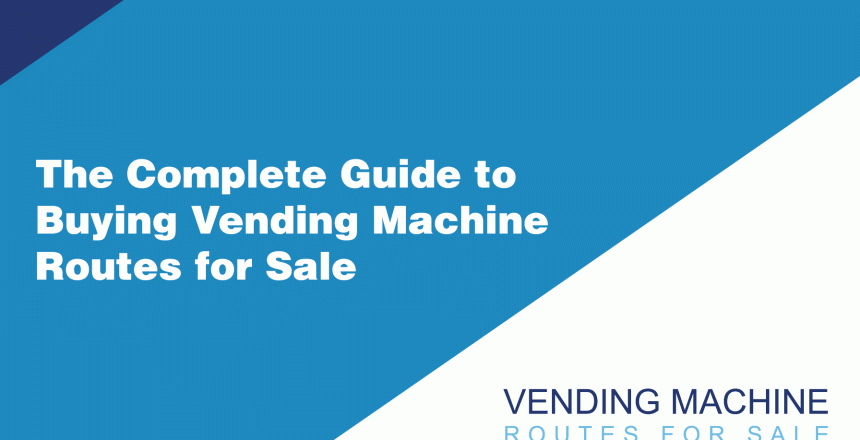Purchasing a vending machine route can be a lucrative venture if executed with thorough due diligence. In the quest for vending machine routes for sale, it’s crucial to conduct a strategic analysis that will ensure your investment yields the expected returns. Due diligence in this context is not just a process but a pathway to uncovering the full potential and pitfalls of your prospective vending machine business. Follow this guide to navigate the intricacies of buying a vending machine route.
Step 1: Financial Examination
The financial health of vending machine routes for sale is pivotal. Scrutinize the following:
- Request and review profit and loss statements, cash flow details, and sales records specific to each machine.
- Analyze expenses, including restocking costs, maintenance, and location lease payments if applicable.
- Investigate the presence of any outstanding debts or financial obligations linked to the route.
Step 2: Legal Verification
Cover all legal bases to ensure there are no surprises that could jeopardize your route ownership.
- Review contracts associated with machine locations and service agreements.
- Check for compliance with local regulations and ensure all machines meet health and safety standards.
- Verify that there are no unresolved legal issues or litigation risks that could affect the business.
Step 3: Operational Scrutiny
Understanding the operational mechanics is essential for the seamless running of vending machine routes.
- Assess the current inventory management system and the logistics of restocking.
- Examine the condition and age of the vending machines to estimate future maintenance or replacement costs.
- Look into the current technology used, such as cashless payment options, and the potential need for upgrades.
Step 4: Market and Industry Insights
The success of vending machine routes is heavily influenced by market and industry trends.
- Evaluate the competition and the demand for vending services in the proposed area.
- Understand the consumer behaviors and preferences that affect vending machine sales.
- Consider the impact of economic trends on the viability of vending machine routes for sale.
Step 5: Human Resources Considerations
While vending machine routes may require fewer employees, any associated human resources are important.
- If staff is involved, review employment terms and any operational training systems in place.
- Understand the responsibilities of route management, including servicing and cash collection.
- Ascertain if additional training or hiring will be necessary to maintain or scale the route.
Step 6: Environmental Compliance
- Ensure that your route operates within environmental guidelines.
- Confirm that vending machines comply with any applicable environmental regulations regarding energy consumption and waste.
- Consider the implications of any single-use products and the need for recycling facilities.
Step 7: Assessing Future Sustainability
Project the long-term prospects and sustainability of the vending machine route.
- Identify opportunities for route expansion or the addition of more profitable or modern machines.
- Evaluate the scalability of the current route and its adaptability to future market changes.
When it comes to finding vending machine routes for sale, due diligence is your compass to navigate the complexities of the purchase. By meticulously evaluating each aspect of the route, from financials to operations, and from market conditions to environmental compliance, you ensure that your investment is sound. A careful and informed approach to buying a vending machine route not only mitigates risks but also sets the stage for profitability and growth. Arm yourself with knowledge, and step confidently into the vending machine business with the assurance that comes from due diligence well done.
